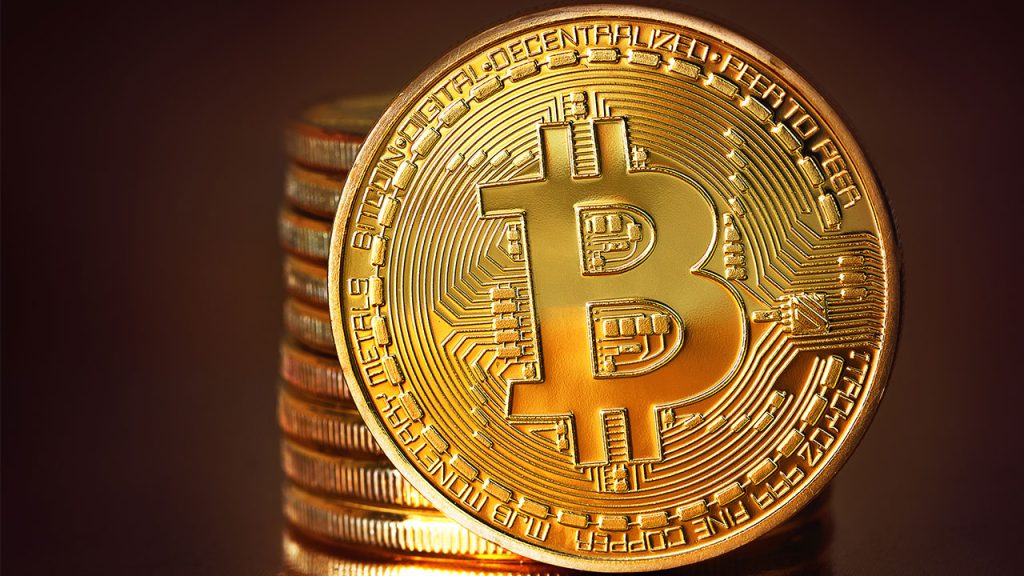Cryptographic forms of money have presented another worldview of computerized resources, yet inside this domain, the expressions „coin“ and „token“ are frequently utilized reciprocally, prompting disarray. In any case, they address particular classes inside the cryptocurrency biological system, each with its special qualities and purposes. Die Top Five Krypto-Coins 2023 für Langzeitanleger carefully chosen based on their potential for sustainable growth and value appreciation.
Cryptocurrency Coins:
Coins are the first type of advanced monetary forms and are based on their own autonomous blockchains. The most notable model is Bitcoin, which works on the Bitcoin blockchain. Coins are intended to work as a vehicle of trade, similar as customary monetary forms. They have their own worth and can be utilized for exchanges, speculations, and as stores of significant worth. The characterizing component of coins is their independent nature. They have their committed blockchains, which frequently envelop highlights like mining, confirmation of-stake, or other agreement components to approve and record exchanges. Coins are utilized for direct shared exchanges and can be used for more extensive use cases past their fundamental blockchain, like making buys or settlements.

Cryptocurrency Tokens:
Tokens, then again, are based on existing blockchain stages like Ethereum, Binance Shrewd Chain, or others that help the production of decentralized applications and brilliant agreements. Tokens are basically computerized resources that are made, appropriated, and oversaw through these stages. They depend on the framework and security of the hidden blockchain. Tokens can address a large number of resources, from computerized portrayals of actual things to get to privileges inside a particular application or biological system. They are profoundly flexible and can fill different needs, like empowering decentralized finance (DeFi) conventions, driving utility inside a specific application, or addressing proprietorship in a resource. Tokens are in many cases arranged into two principal classes: utility tokens and security tokens. Utility tokens award admittance to a help or application, while security tokens address proprietorship in a tradable resource and are dependent upon administrative systems.
Key Contrasts:
Blockchain: Coins have their own blockchains, while tokens depend on existing blockchain stages.
Reason: Coins capability as money or worth stockpiling, while tokens serve different capabilities like access, proprietorship, or utility inside applications.
Creation: Coins are by and large made without any preparation, while tokens are made utilizing existing blockchain foundations.
Autonomy: Coins work autonomously, while tokens‘ usefulness is subject to their hidden blockchain’s abilities.
Die Top Five Krypto-Coins 2023 für Langzeitanleger offering promising opportunities and potential growth.